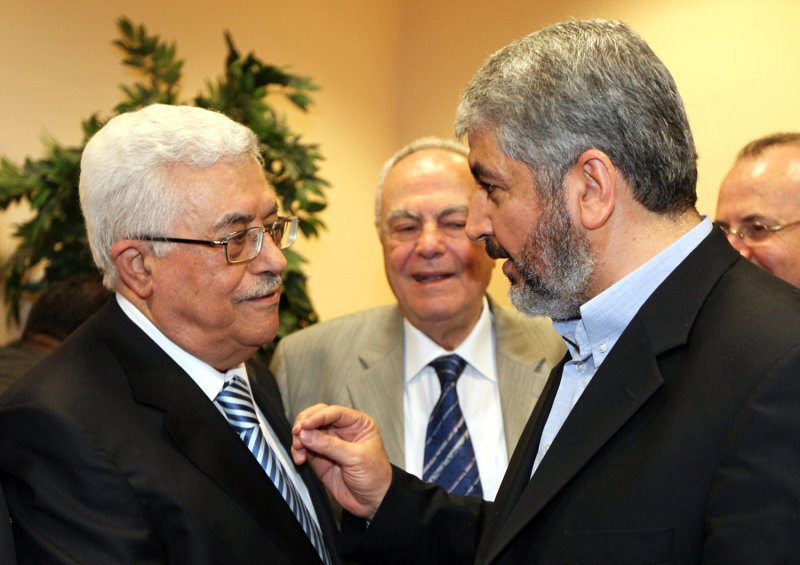JERUSALEM, May 11 (UPI) -- Israel secretly stripped 140,000 Palestinians of residency rights in the West Bank between 1967 and 1994, Haaretz reported Wednesday.
Saab Erekat, the chief Palestinian negotiator, called Israel's actions a war crime, Haaretz reported. He also charged it was a deliberate attempt to clear space in the West Bank for Jewish settlers.















